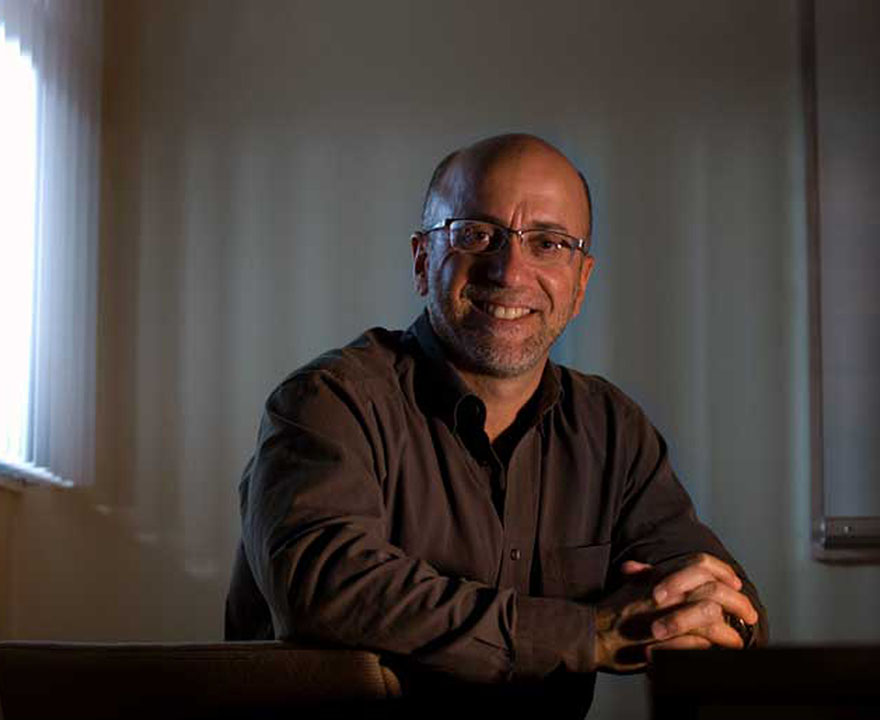A living wage mandate for New York employers would stifle development, cost tens of thousands of jobs, and sacrifice billions of dollars worth of private investment in the decades to come, a controversial new study claims.
The long-awaited report from the city’s Economic Development Corporation shows the City Council is pushing for the country’s most far-reaching living wage protection, and says low-skilled workers would be disproportionally hit by job losses.
“The most comprehensive study to date on the effect of living wage policy shows that significant job losses accompany modest wage gains among low-skilled workers,” said EDC spokesman David Lombino in a statement. “For New York City, the study projects that the job loss would be even more significant than other cities, and that many development projects, particularly in areas outside Manhattan, would not move forward.”
The study was performed by the Boston-based firm Charles River Associates.
The living wage bill, sponsored by Council Member Oliver Koppell, would require all employers in developments that receive more than $100,000 in city subsidies to pay workers $10-per-hour if the employer pays health care benefits, or $11.50 an hour if they do not.

Those conditions would apply to almost every commercial building in the outer boroughs, said one person involved in the study, forcing almost every business in them to pay a higher wage – making it much more sweeping than laws in other cities.
For months, proponents of the living wage bill, which include the unions RWDSU and 32 BJ, have anticipated that the $1 million EDC-funded study would show that the bill would kill jobs and cost private investment.
One of the authors of the EDC study, Dr. David Neumark of the University of California at Irvine, has been accused by proponents of the bill as having a long history releasing reports slanted against the adoption of wage mandates.
“The core question here is why New York can’t do what Los Angeles and San Francisco have been doing for years: ask major businesses that receive taxpayer-funded benefits to pay a living wage in return,” said Paul Sonn, legal co-director at the Washington, D.C.-based National Employment Law Project, who authored the city’s living wage bill.
Mayor Michael Bloomberg is already on record as being against the bill, and spokesman Andrew Brent said the new report confirms why the mayor opposes it.
“The biggest job losses would occur in the areas with the highest unemployment at a time when too many New Yorkers are without jobs as it is,” Brent said. “Aggregate wages among low-skilled workers would not change because any gains among some workers would be more than offset by families losing employment opportunities entirely.”
The living-wage bill is gearing up to be the next major clash between progressives and the Bloomberg administration, following the death of the paid-sick-leave bill, which Council Speaker Christine Quinn shelved following a study funded by the Partnership for New York City that showed the legislation would cost the city $789 million annually.
Quinn has not yet indicated whether she will allow the living wage bill to the Council floor or whether she will support the legislation. The details of the EDC study have emerged in advance of a Thursday hearing on the bill. The authors are not expected to testify.
Policy experts who favor the living wage bill are already working on a rebuttal pointing out purported methodological flaws and miscalculations in the EDC study.
Bettina Damiani, project director for Good Jobs New York, said it was disappointing the city spent $1 million in taxpayers money to reaffirm the real estate lobby’s position on living wage.
“If working New Yorkers can’t count on earning a living wage,” she said, “what policy recommendations does the Bloomberg Administration plan to put forward to lift workers out of poverty?”
Read More: Winners & Losers Sept 9 edition


Average Rating